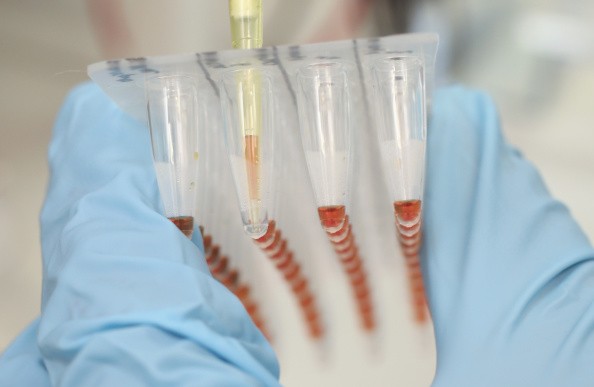
Following the discovery of a rare antibody, there is now a new way for scientists on how to potentially treat patients with leukemia. Abnormal number of white blood cells may be reduced through making them kill each other.
Researchers at The Scripps Research Institute (TSRI), led by senior investigator Richard A. Lerner, have found a totally new approach to treat cancer. This method involves changing leukemia cells into leukemia-killing immune cells leading to a powerful new therapy for the disease and possibly other cancer types. The team is working on the possibility to bring such procedure to human clinical trials.
Medical News Today reports that the Lerner laboratory has initiated the study of screening large libraries of immune system molecules in search for therapeutic antibodies that have the potential to bind to a group of target cells and subsequently activate them. Such technique paved the way towards identifying possible molecules that can activate cancerous marrow cells to become non-cancerous ones.
As written in the press release, Lerner and his team tested 20 of their recently discovered receptor-activating antibodies against acute myeloid leukemia cells from human patients. One of these antibodies was found to have a therapeutic value after effectively changing these leukemia cells.
When applied to healthy immature marrow cells, the antibody caused them to mature into blood-platelet producing cells called megakaryocytes. On the contrary, when applied to leukemia cells, these cells matured into very different cells known as dendritic cells - cells with an important role in the immune system. Moreover, with longer exposure and certain other conditions, these dendritic cells developed further into cells that closely resembled natural killer (NK) cells.
Researchers examined these induced cell products under the electron microscope. They observed that many of these NK-like cells had extended tendrils connected to neighboring unchanged leukemia cells. Interestingly, about 15 percent of these leukemia cells were cleared after just one day.
However, the study team notes that the induced NK cells appear to target only those related cells. Breast cancer cells, for example, were seen unaffected when applied with NK cells. As to the explanation why these induced cells act this way, the team has yet to find out.
The fact that the potential molecules involved are antibodies, they can be clinically useful with little or no further modification. They are also highly specific towards their targets reducing the chances that people suffer adverse side effects if treated. Lastly, given that the strategy works, it may not only lessen cancer cells but totally eliminate them all.

